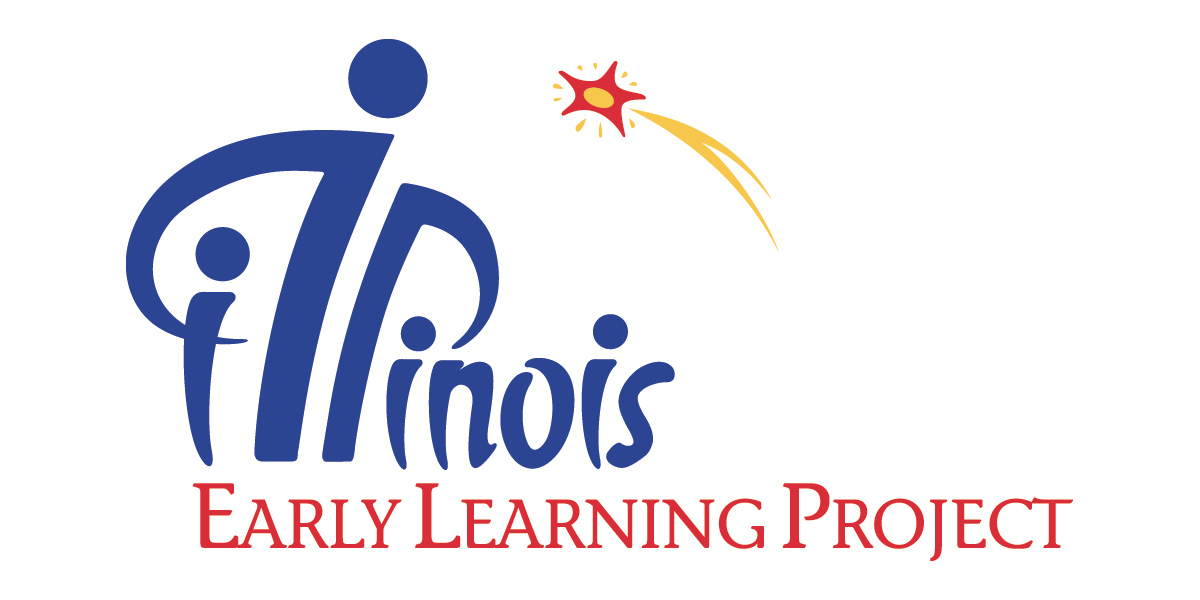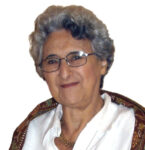
Over a period of nearly 40 years, I have had the privilege of working with our early childhood colleagues in all 50 states. I have observed many of them struggle to provide good-quality services to young children and their families. Often the challenges some of them face do seem to be overwhelming.
In many of the programs that I have had the good fortune to work with, I have been encouraged and inspired by our colleagues’ effectiveness in complex communities. Recently, I spent several days working with colleagues in a large county with well over a million residents from at least seven different ethnic, cultural, and immigrant groups—many of whom were in great need of community support and resources.
The county provides around 40 classes for preschool children, some supported by Head Start funds and others by state preschool funds. One of the newer preschool centers in the county is Reggio Emilia inspired in both construction and pedagogical practices. I was able to meet with a large number of teachers, assistant teachers, directors, and other personnel for several days and share ideas about recent insights and research on preschool pedagogical practices and to answer many of the questions they raised.
It seemed clear to me that the members of the large and diverse administrative staff, the teaching staff, the families, and many others involved in the programs benefited from clear and dedicated leadership. These experiences reminded me of some of the fundamental aspects of effective leadership practices in such complex environments.
One main characteristic of effective leadership in such complex environments is emphasis on helping all involved to focus on their common goals and ultimate objectives rather than to lose time and to drain energy quibbling about the many relatively minor matters on which they might differ. Every once in a while, I am in contact with a program struggling with limitations of particular sources of funds. When the leadership team communicates genuine understanding of the competing pressures from various sources, they are better able to resolve the issues than when they ignore them.
It seems inevitable that a large group of adults with diverse assignments in a large organization of participants of very different backgrounds and experience can drain their energy in contention over many matters. But leaders who can be counted on to be open to competing views, to be ready and willing to listen carefully to all sides, to encourage and organize opportunities for open discussion, and to treat every participant with respect can develop a working culture of problem-solvers whose energy can be focused on the best interests of the children and families they serve—their ultimate goals.
Genuine respect for all those involved in a large, complex program is also strengthened when leaders resist the frequent temptations to develop close friendships with a few members of the larger team, perhaps undermining others’ confidence in their fairness in resolving conflicts and competition for scarce resources.
In sum, it seems to me over and over again that our work is enhanced when we (1) keep our eyes on the ultimate common goals, (2) remain open to alternative views of contentious issues, and (3) disagree openly and respectfully as professionals who are devoted to the larger purposes we serve.


 Printer-friendly PDF
Printer-friendly PDF Lilian Katz
Lilian Katz
 PDF para imprimir
PDF para imprimir